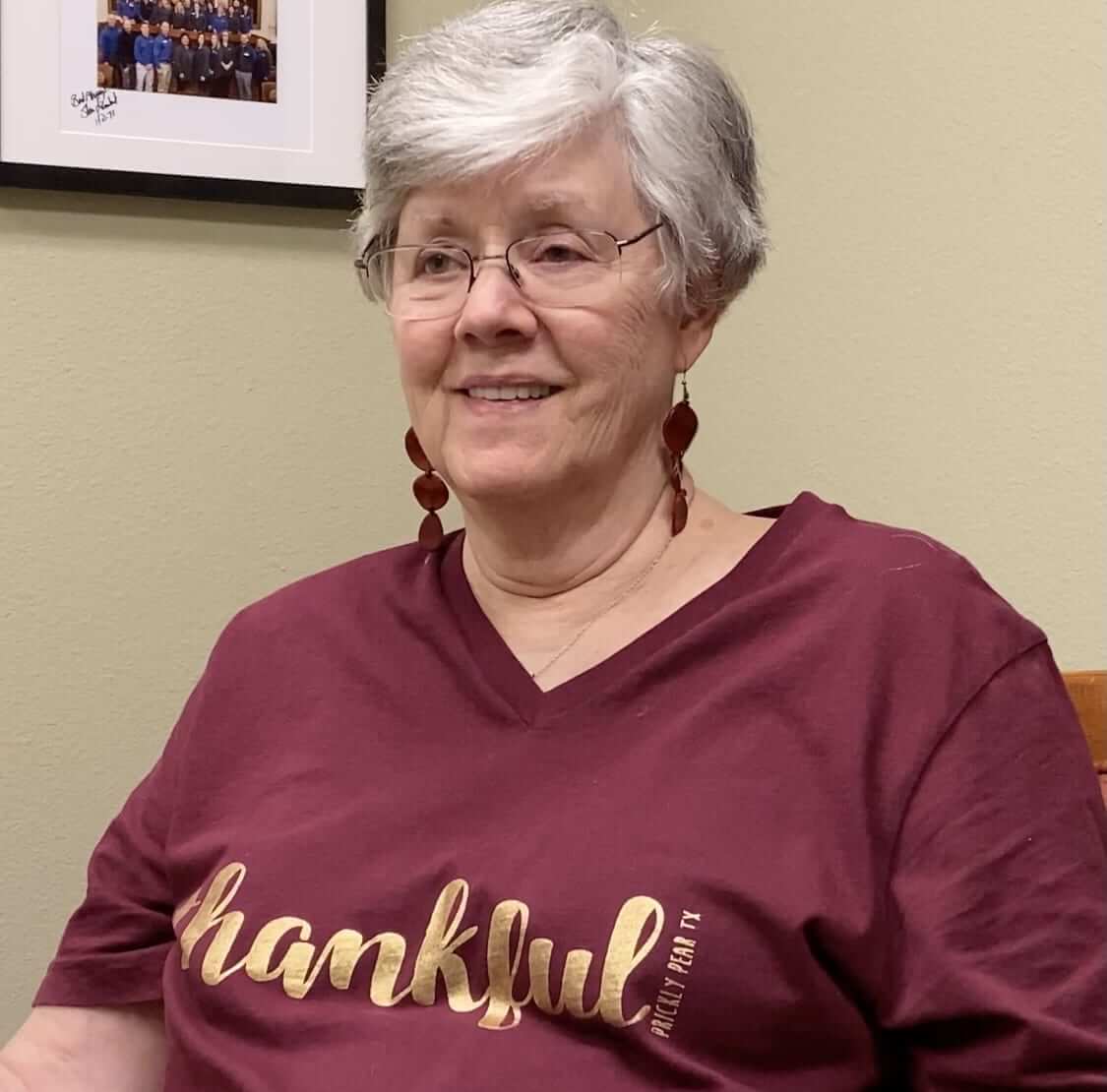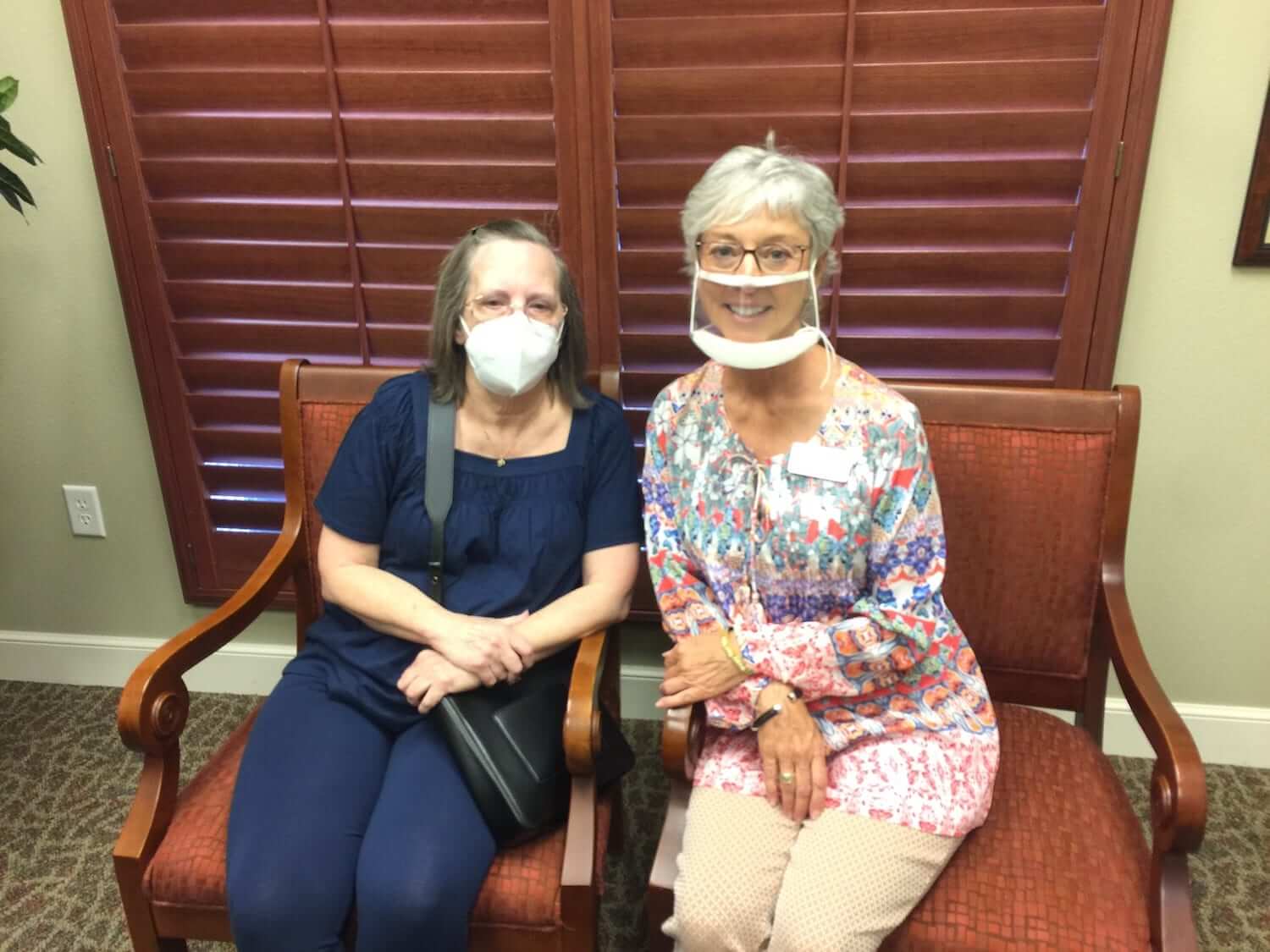Navigating the world of hearing loss treatments can be daunting, especially when faced with numerous options, all claiming to be the best solution.
Given the rising incidence of hearing loss, with one in eight Americans affected, and projections suggesting a doubling of cases by 2050, it’s crucial to understand the options available.
In this article, we’ll break down the different treatment paths, emphasizing their benefits and potential drawbacks.
Before Diving Into the Options
It’s essential to remember that when it comes to hearing loss, one solution doesn’t fit all.
Your unique diagnosis, lifestyle, budget, and preferences play pivotal roles in determining the best treatment.
Before we get into your options, there are a few factors you should consider that will have a huge impact on which solution is right for you:
- The nature and extent of your hearing loss
- Your daily activities and the environments you frequent
- Your preference for face-to-face consultations versus remote support
- Your budget and desired quality
- Your comfort level working with a local provider versus a larger corporation
Understanding these facets helps narrow down the best solution for you.
Treatment Paths for Hearing Loss
There’s a spectrum of solutions available, from affordable quick fixes to advanced medical procedures.
So, let’s dive in.
1. Earphones and Cell Phone Apps [$0-$250]
Some mobile phone apps turn earphones into amplification tools. By leveraging your phone’s microphone, these apps amplify surrounding sounds. “Chatable” is one such app, offering limited free usage and a yearly subscription option.
Pros:
- Affordable (often free)
- Utilize existing technology
Cons:
- Limited to noise-controlled environments
- General amplification without tailoring to specific hearing loss
2. Over-the-Counter Hearing Aids [$800-$2500]
The recent FDA ruling on over-the-counter hearing aids ushered in a new era of accessibility. These devices, offered by renowned brands like Bose, Sony, and Jabra, provide basic amplification.
Pros:
- Easily available
- Competitively priced
Cons:
- Generic, not tailored to individual needs
- Lack professional assessment and adjustments
3. PSAPs (Personal Sound Amplification Products) [$79-$1250]
These devices amplify surrounding sounds. They’re a more affordable option but lack customization.
Pros:
- Affordable and accessible
Cons:
- Generic amplification
- Often lack support and proper fitting
4. Online Hearing Aids With Audiological Remote Support [$1850-$2400]
Companies like Jabra Enhance provide hearing aids based on online assessments and offer remote consultations with audiologists.
Pros:
- Convenient
- Reputable technology
- Money-back guarantee
Cons:
- Rely on online assessments, which might not be comprehensive
- Lack physical examination of ears
5. Big-Box Retail Stores [$1250-$4000]
Places like Costco and Sam’s Club offer hearing aids backed by in-store screenings.
Pros:
- Physical assessment
- Use of professional technology
Cons:
- May not include a comprehensive hearing evaluation
- Limited post-purchase support
6. Local Hearing Clinics [$2500-$7500]
Traditional clinics offer comprehensive assessments, custom-fit aids, and continuous support.
Pros:
- Personalized treatment
- Ongoing in-person care
- Access to cutting-edge technology
Cons:
- Might involve multiple appointments
7. Hearing Loss Surgery (Cochlear Implants) [$30,000-$50,000]
Cochlear implants are a surgical solution for severe hearing loss, replacing cochlea functions. Insurance might cover part of the costs, but eligibility criteria are strict.
Navigating the Next Steps
While this guide offers a comprehensive overview, the final decision lies with you. Reflect on your needs, preferences, and circumstances.
If you’re still uncertain, don’t hesitate to reach out to hearing care professionals. A conversation can clarify doubts, allowing you to make informed choices.
Remember, our objective isn’t to steer you in a specific direction but to understand and suggest what’s best for you.
Need support? Feel free to contact us. We’re here to help.


















